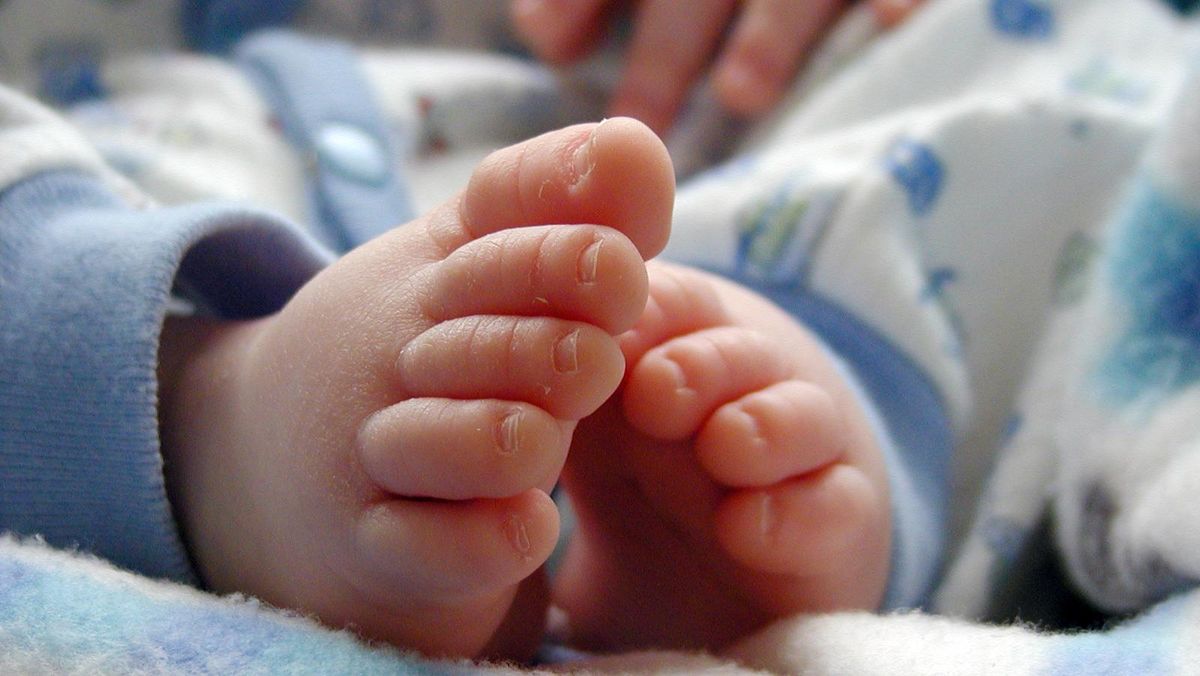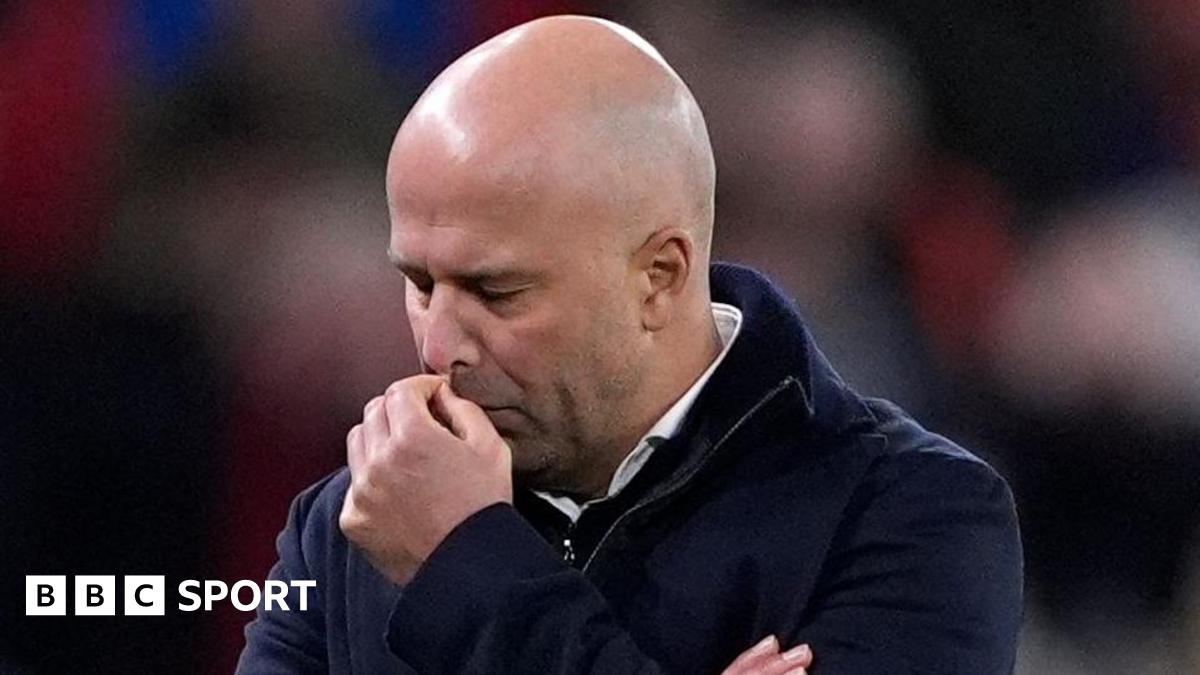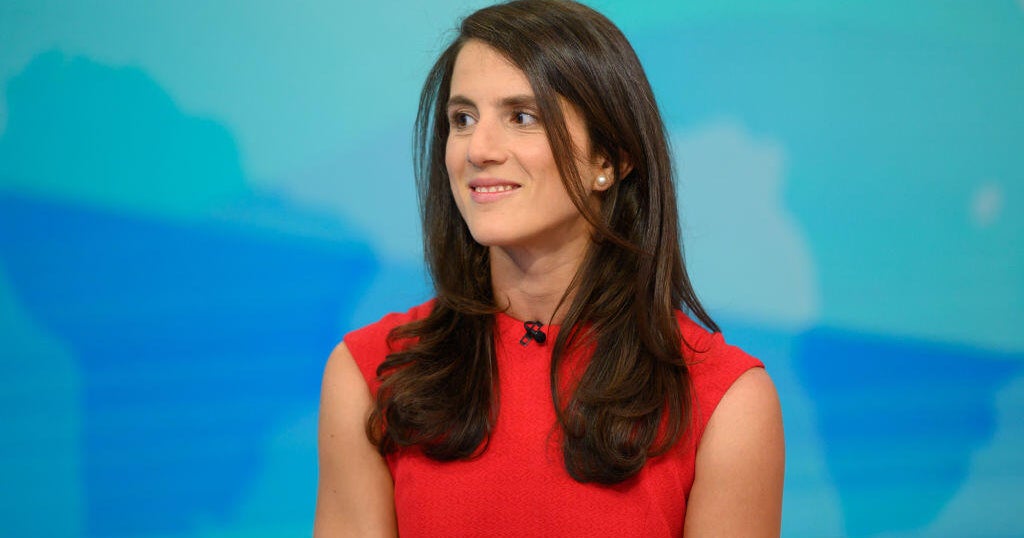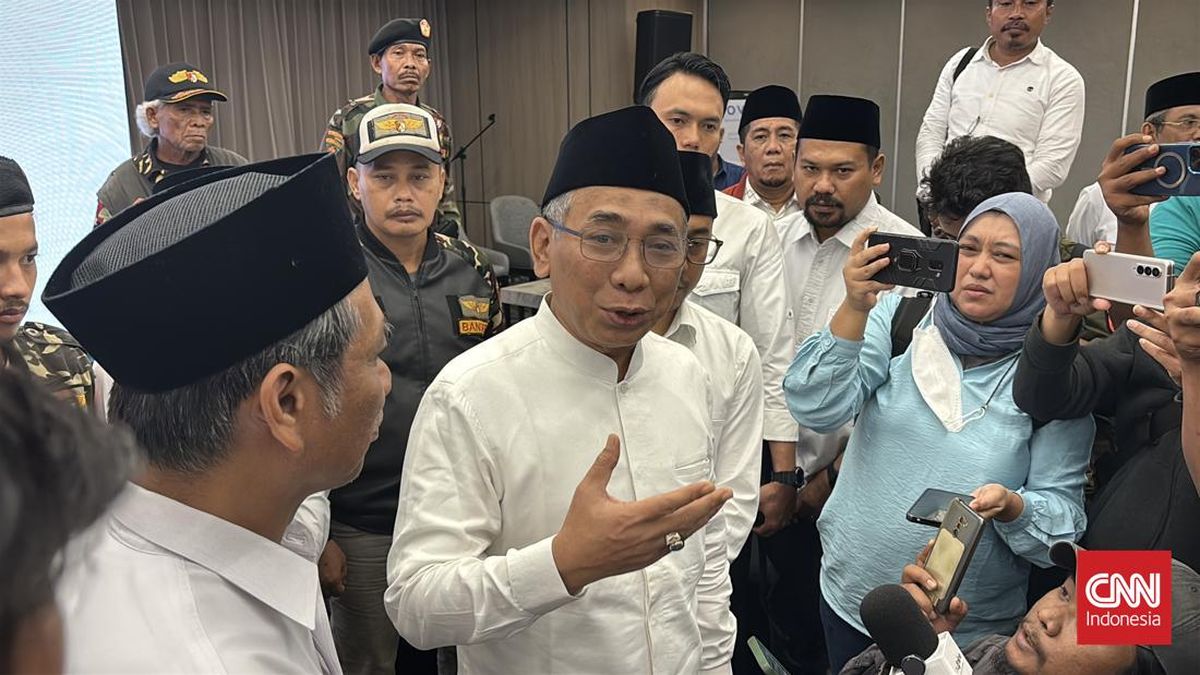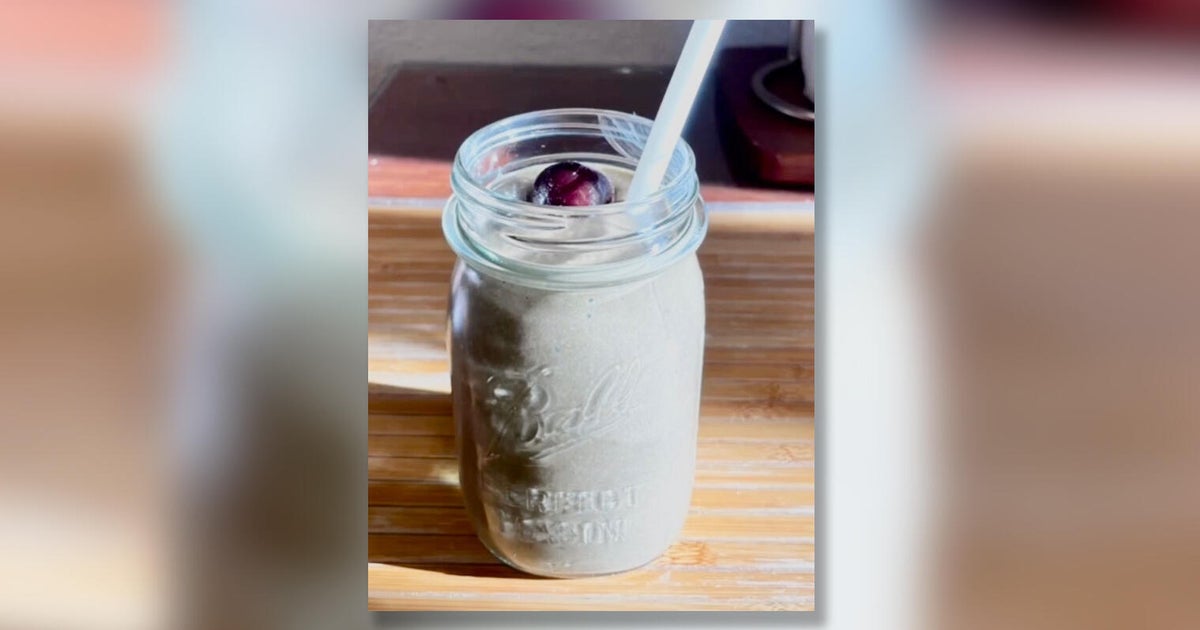I grew up in a Jewish family with the “crime of crimes” – the Holocaust – burnished into my soul. My father, grandfather and step-grandmother fled the Nazis in April 1939, just before the gates of hell slammed shut. My mother lost 41 relatives to the Nazi execution squads in the Rumbula forest, a few kilometres outside Riga, in 1941.
I grew up with several questions I wanted to ask German people. What was your father or mother doing during the war years? What about your grandfather or grandmother? When did you find out about the gas chambers and ovens? What did you do with that knowledge? How have you reconciled yourself to those horrors since?
These are some of the questions I think we should all be asking right now, because, as Egyptian-Canadian journalist Omar El Akkad wrote recently: “One day, everyone will have always been against this.”

Premier Chris Minns is grappling with a proposed pro-Palestinian march across the Sydney Harbour Bridge.Credit:
For the past 21 months, the world has watched in growing horror as the bodies have piled up. At first, they were all inside Israel, with Hamas’ murderous assault on the country on October 7, resulting in about 1200 slaughtered and another 250 abducted. Since then, it is Palestinian suffering that has galvanised and sickened the world.
Within the first three months after Hamas’ attacks, nearly 22,000 Palestinians had been killed by Israeli forces, including an estimated 8120 children under the age of 18. By September 2024, that number had risen to 42,000, nearly 17,000 of them children. As of this week, that number stands at over 60,000 dead, more than half comprising women and children, although this tally doesn’t account for the thousands still buried under the rubble, or those who have died from lack of food or medical care.

David Leser’s maternal grandmother, Hannah Eizenberg.Credit: Courtesy of David Leser
That could bring the figure closer to 100,000 dead, according to Israel’s leading English-speaking newspaper, Haaretz.
But as has been said of statistics, these are “just people with the tears wiped off”. No way to truly grasp the elimination of entire bloodlines – four generations in a single missile strike. No way to grasp that between October and December 2023 alone, about 1000 children lost one or both legs, and that, as of this month – according to the UN Global Protection Cluster – an average of 10 children per day have been losing a limb. On a per capita basis, this means Gaza now hosts what the UN describes as “the largest cohort of child amputees in modern history”.
But that’s just a fraction of the nightmare. Cities like Rafah and Khan Yunis – once teeming with life – have been razed; farmlands, orchards, greenhouses, most of Gaza’s plant life, totally obliterated; water supplies decimated, contaminated or both.
What to make of the 92 per cent of residential buildings damaged or destroyed, along with infrastructure designed to sustain civilian life – homes, shelters, chemists, bakeries, aid distribution systems. Not to mention hospitals, churches, mosques, schools, universities, art institutions ... and the people who work in – or visit – these places: doctors, nurses, engineers, academics, teachers, aid workers, scientists, journalists.
Loading
But it is the fate of the children that most tears at the collective heart, and not just now that the famine might be approaching its ghastly apogee. It is that children have been dying of malnutrition long before now; children have been shredded and decapitated by bombs; children have lost their parents, their siblings, their homes, their entire universes. Save the Children reports: “Children tell their parents they want to go to heaven because at least heaven has food.”
What to make of reports that children have been deliberately targeted, not just by airstrikes on schools, shelters and residential areas, but by snipers and drones?
“No toddler gets shot twice by mistake by the ‘world’s best sniper’,” Dr Mark Perlmutter, a Jewish-American orthopedic surgeon, told French television last year after volunteering at the European hospital in Khan Younis. “And they’re dead-centre shots.
“The Western world is paying for the bombs that are burning children to death. They’re paying for the bullets that shredded those children. We are complicit in this.”
Loading
Perlmutter called the situation in Gaza a “genocide” – an accusation now levelled at Israel by human rights organisations around the world (including two Israeli ones), United Nations bodies, NGOs, governments and genocide scholars, Jewish and non-Jewish. It is, of course, an accusation Israel’s government and its supporters thoroughly reject.
In an information war, we see what we choose to see, and for those of us who continue to watch these unspeakable events with helpless outrage, a large-scale protest becomes as critical as breathing. How else to voice our common humanity? How else to highlight the dangerous asymmetry between the political class and the rest of us whom this political class purports to lead?
Which is why the Palestine Action Group’s call for a protest march across the Sydney Harbour Bridge this Sunday might well be a seminal moment in Australia’s ability to grapple with one of modern history’s darkest chapters.
I say this with all humility because I would hate to be a political leader at this moment – at any moment – but if I were NSW Premier Chris Minns, I would allow this protest to proceed across one of Australia’s greatest landmarks, with the eyes of the world watching. I would encourage NSW Police to follow suit.
Loading
I get the safety concerns and the lack of forewarning. I also get the fact that many Jewish people (some of them friends of mine, some of them quite possibly former friends), feel torn and terrified by this moment; they see the virus of antisemitism – always a light sleeper – awakened in ways they never thought possible.
But something else much bigger is happening right now. Before our very eyes, millions of people are at risk of being killed, starved and ethnically cleansed on a daily basis; and for the premier to argue that a different protest route be taken, well, I’m sorry, that just doesn’t cut it. Not any longer. Not while a Palestinian nation-in-waiting stares into the abyss.
David Leser is a Walkley Award-winning journalist and author.
Most Viewed in National
Loading













